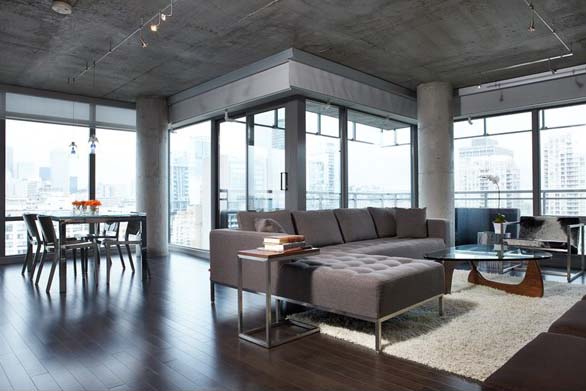“What happens with condominiums is people end up buying them as investments and renting them as apartments.” –James Green
Today, more and more individuals have elected to billet themselves in condominium units. Convenience, security and easily comfortable are just some of the features why a person would want to situate himself in a condo unit. However, there are also individuals with high business acumen who would purchase units for the sole purpose of turning them as real estate investments—a potential cash cow for them. Seeing as this is the case, some or even most of them would have to do the necessary checkups, repairs, and even renovations each time a tenant moves in and moves out.

Unfortunately, unlike your residential home, the rules in condo renovations are not quite the same. There are limitations as to what you can do, and some improvements would require permits or at least permissions from the developer. To have a clearer insight as to what you can and cannot do in your condo renovations, here are some dos and don’ts.
1. DON’T alter any exterior part of the building
This might seem self-explanatory to most, but there are a surprising number of condominium owners who would insist on painting the hallway where the door to their condo door is located. When it comes down to this, there is one thing you must constantly remember: You own the unit and only the unit itself. Anything inside the unit you can paint and remodel; however, anything outside it is owned by the developer of the condominium building. Feel free to paint the walls of your condominium a different color, but hallways should stay as is.
2. DO read your lease
Regardless of where you are situated—whether in Bonifacio Global City or elsewhere, should you be renting there would always be terms regarding your tenancy. A smart tenant would read the terms of his lease. And would know what he ought to do and ought not to do. Read your contract carefully and thoroughly. There might be a clause that would describe what your limitations in renovating as a renter are. Be sure to strictly adhere to what it says or you run the risk of being evicted or even worse, a lawsuit to recover damages.
3.. DON’T forget to pay a construction bond
More often than not, the building where your condominium unit is situated would require you to pay a construction bond; before you can even commence any renovation or construction work. This is to protect against any adverse events that may potentially disrupt the integrity of the building where the condominium unit is situated. For some, it would also serve as a surety bond against events; that may cause one to fail in completing the project. The bond would be returned after
4. DO research the allowable electrical load per unit
Any condominium building would have a set of guideless for construction and allowable electrical loads per unit. This is given by the administration and should be strictly adhered to. If your renovation plans include anything from adding more light switches, installation of additional electrical outlets; or even the installation of a simple air conditioning unit; it would be best if you consulted with the administrator of the building before even thinking of doing those. This is to ascertain whether or not your particular unit could even handle and accommodate the electrical load you are about to add.
5. DO know how many hours your carpenters can work in your unit
Condo units, unlike gated neighborhood and residences, have people living in proximity to each other with some only a wall dividing between two units. Some administrators would only allow renovations to be done on the weekdays. And some would restrict the allowable hours one can work in a unit. Check with your building’s administrator before you schedule any renovation work; or deliveries to make sure it aligns with their permitted schedule.
Renovating your condo unit might feel a tad bit more restricted than renovating a residential home. And the rules are not the same for every condominium developer. It varies from one condominium to another depending on the building developer or in some cases the building administrator. To be safe, it is best to consult with your administrator before doing any real work.
